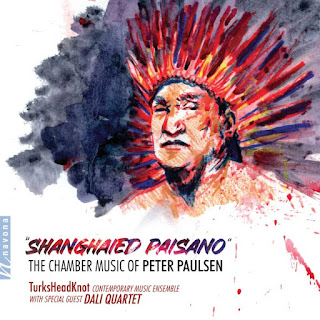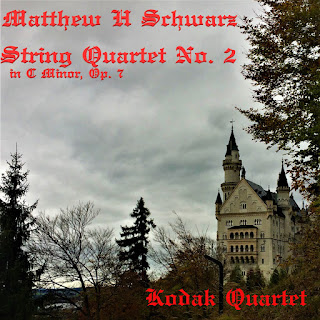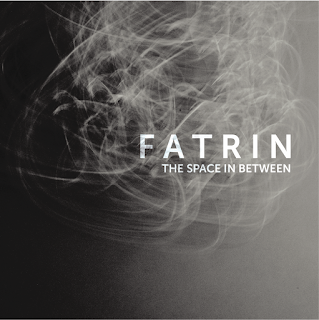William Bolcom - Piano Concerto No. 2
William Bolcom - Piano Concerto No. 2
The Concerto is a twenty-minute long parade of old-fashioned and outdated tropes.
Seth Colter Walls, a freelance writer and music critic, recently published a piece in The New York Times drawing attention to the premiere of William Bolcom's Second Piano Concerto (read the article here). While making some interesting observations, Mr. Walls gives too much credit to an aging composer. The article, aptly titled Decades Later, a Composer Revisits the Piano Concerto, notes how it has been over forty years since Bolcom finished his first Piano Concerto, but neglects to mention that musically, the Second Concerto sounds as though it was composed the subsequent year.
Premiered by pianist Igor Levit and the Mahler Chamber Orchestra led by Elim Chan, Bolcom's Second Piano Concerto was commissioned for the 2022 Heidelberger Frühling Music Festival. The festival, primarily dedicated to older Classical music, likely commissioned Bolcom as a safe choice. His music is comparably tonal, easy listening for older audiences, and he still has enough name recognition from his 1988 Pulitzer Prize. The existence of this piece is yet another example of the classical music world being more concerned with ticket sales than the actual artform.
While compositionally a fine piece, the Second Piano Concerto is still nothing at which to gawk. The Concerto is a twenty-minute long parade of old-fashioned and outdated tropes of Americana. Bolcom has yet to move on from musical fads popular in the late twentieth century. The four-movement form also has an awkward sense of pacing, especially in how the role of the solo piano interacts with the ensemble. The piece practically alternates phrases, one for the soloist, one for the orchestra, one for soloist, one for the orchestra, and keeps going in such a fashion with little deviation. Not only does this limit Levit's communication with the ensemble, it results in the jagged music which does not connect with the audience.
As a soloist, Levit does his best to engage with the music, but it is clear that he would rather stick to performing Brahms. His Romantic interpretation sounds pretty, but clashes with Bolcom's language of rigid American music. Funnily enough, in his review Mr. Walls takes delight in Bolcom's new sense of 'Romantic yearning', even though it is a clear misappropriation of the music's intended style.
Watch the premiere performance here.



Comments
Post a Comment